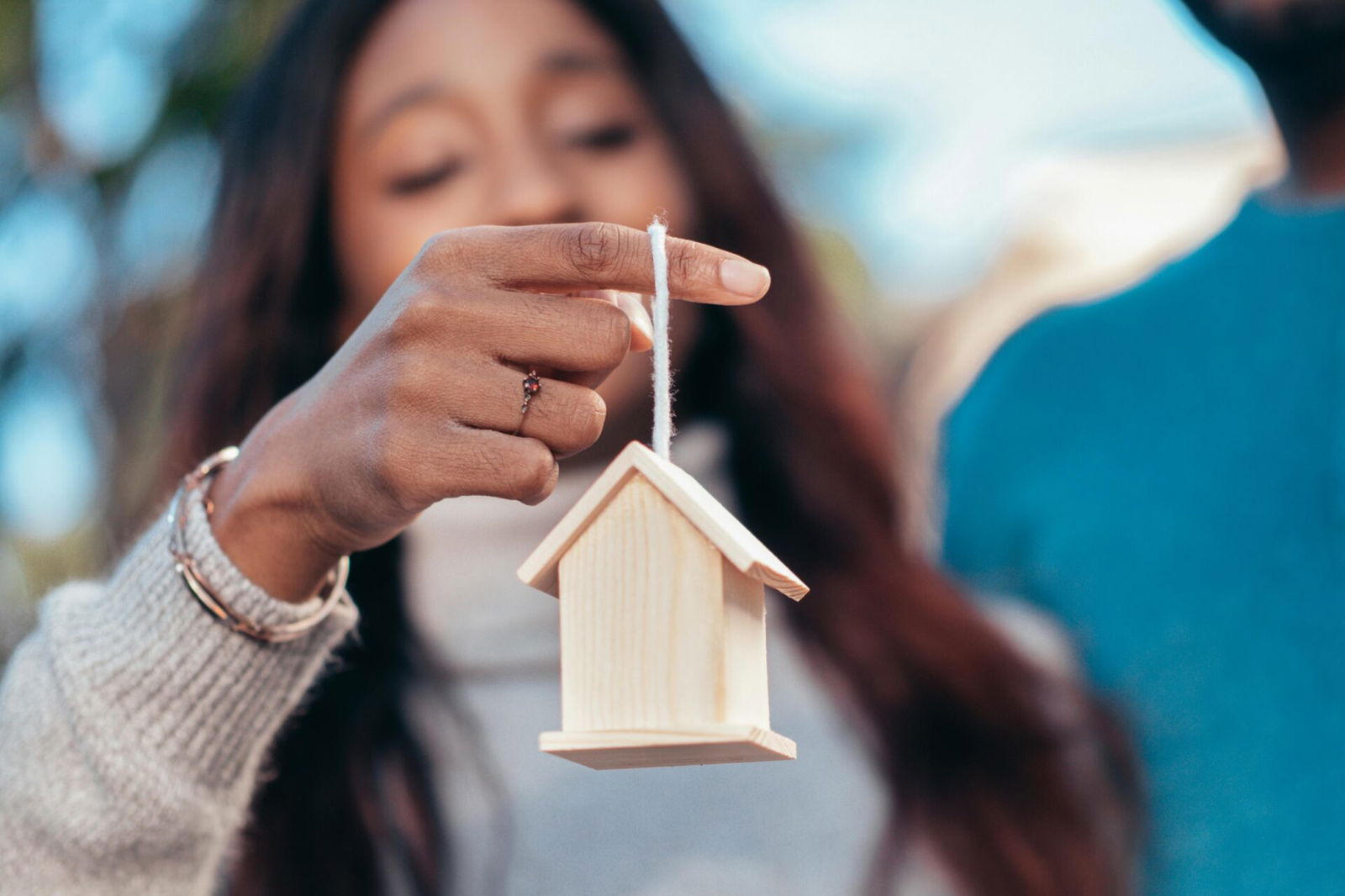
February 22, 2024
Black Women Homebuyers Still Facing Systemic Roadblocks
Three key factors that pose obstacles for Black women homeowners are education debt, mortgage access and low-wage jobs.
There’s a rising wave of Black women achieving homeownership; however, the path to home acquisition for single Black women remains marred by considerable obstacles. Recent real estate data reveals Black women are far ahead as homebuyers, compared to Black men.
According to the National Association of Realtors, single female buyers represent 27% of all Black homeowners, which is ahead of the single women, who represent 24% of Asian homebuyers, 17% of white buyers, and 7% of Hispanic buyers.
The trajectory shows no sign of slowing based on a 2022 analysis by Realtor.com that indicates the portion of Black female homebuyers surged from 32.4% between 2017-2018 to 35.4% from 2020-2021. Simultaneously, their 7.3% annual homebuying growth rate during 2018-2020 more than doubled the 3.4% pace among Black men over that span.
CNBC reported three key factors that pose obstacles for single Black women homeowners: education debt, mortgage access, and low-wage jobs.
“…If you’re a Black woman in America, you’re probably going to have a harsh time buying a house in many circumstances,” LendingTree economist Jacob Channel stated. Channel pointed to “societal hurdles that…should not exist,” which “make it unnecessarily difficult,” despite the increasing Black female homeownership numbers.
One such barrier is the disproportionate student loan burden carried by Black women – averaging $41,466 in undergraduate debt alone, according to Bankrate.
“Higher student loans can hamper the ability to save for a down payment and qualify for mortgages,” researchers noted. This week, the battle over President Biden’s student debt relief plan reached the steps of the Supreme Court. On Tuesday, the National Urban League united with fellow civil rights groups to amplify the plight of millions crushed by mounting education loans through powerful personal testimonies. Their rally came as six states petitioned the nation’s highest court to permanently strike down the forgiveness program aimed at extending a critical lifeline to over 40 million at-risk borrowers.
A study by the Federal Reserve Bank of St. Louis revealed a stark racial divide in the ability to leverage familial wealth after graduating college. While white households commonly receive financial transfers from relatives to assist with major investments like home purchases, students of color seldom have access to such generational affluence. This disparity forces many minorities to shoulder higher rates of loan debt in order to finance their education and achieve property ownership goals unattainable through personal or family resources alone.
Mortgage accessibility compounds the issue.
While pre-recession lending practices were more relaxed, “single Black women were less likely homeowners in 2021, compared to 2007,” per the National Women’s Law Center. The Center also found that during the housing crisis, Black women faced a 256% higher likelihood of being issued a high-risk, subprime mortgage, versus white male borrowers.
Employment represents another headwind.
The Center’s director of housing justice, Sarah Hassmer, noted that Black women and Latinas are overrepresented in lower-wage sectors like childcare and hospitality roles, which “are vastly undervalued but critical” to the economy. With median childcare worker wages at just $13.71 hourly – $28,520 annually – Hassmer stated that expense makes affording a down payment a major obstacle.
RELATED CONTENT: Study: Single Women Are Owning More Homes In These States